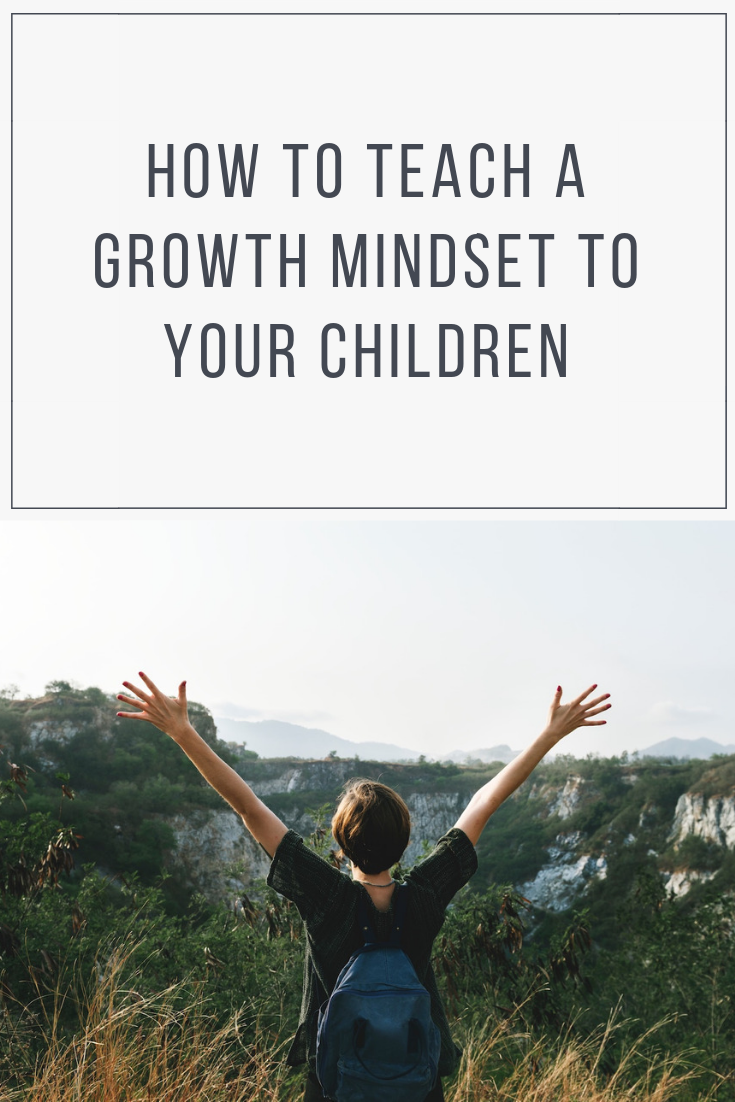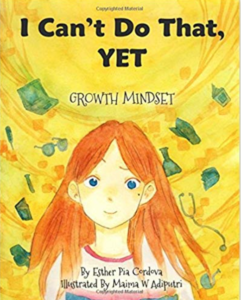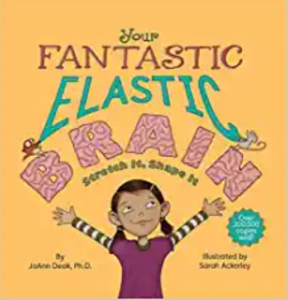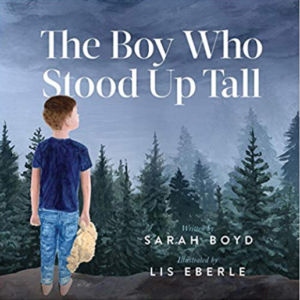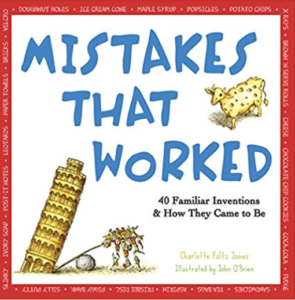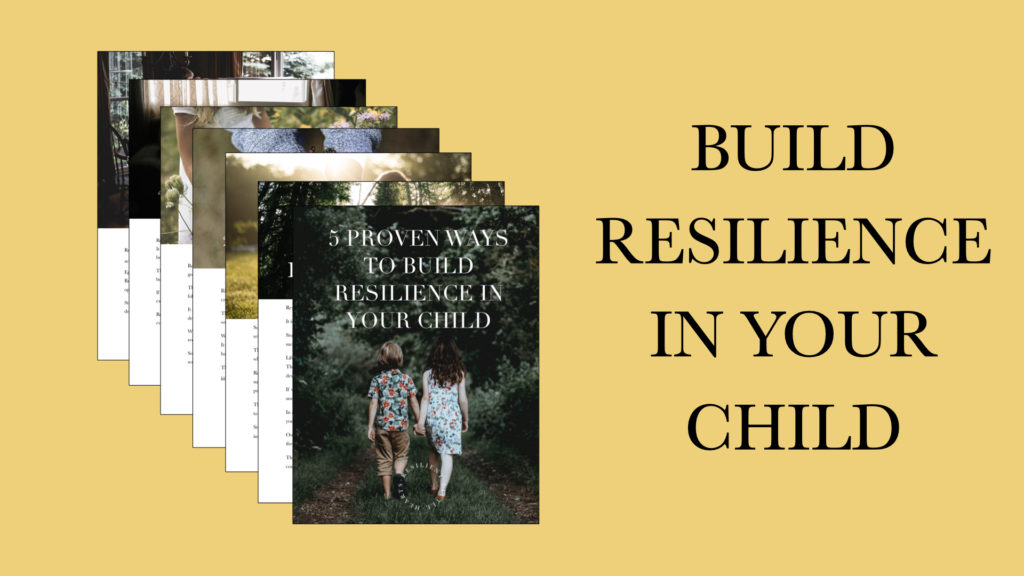How To Teach A Growth Mindset To Your Children
What our children believe about themselves & their abilities matter.
Our beliefs often become self-fulfilling prophecies as we live up to our own expectations & often don’t venture beyond these self-imposed limitations.
In her research, Dr Carol Dweck, discovered that there was one particular belief that seemed to determine whether an individual will live in fear & limitation, or in growth & learning.
The belief was the difference between having a growth mindset, or a fixed mindset.
A growth mindset is a belief that our abilities can be developed with hard work & dedication.
A growth mindset looks like:
- willingness to confront challenges
- passion for learning
- using failure to grow
- work hard to overcome challenges rather than avoid them
A fixed mindset is the belief that we are born with a certain level of ability that can’t be changed.
A fixed mindset looks like:
- Avoid risks
- Fear new experiences
- Willingness to learn from criticism
- Believe mistakes & failures are opportunities to learn & grow
The research showed that children who have a growth mindset are significantly more happier, healthier, do better in school & athletics, & are overall more successful.
We want our children to know the power of hard work & dedication, & to not allow their current level of abilities to hold them back from new experiences or things they want to do in the future.
Teaching your child a growth mindset is an important part of developing their internal resilience. It is a positive mindset that will steady them in the challenges of life.
HOW TO TEACH A GROWTH MINDSET TO YOUR CHILDREN
Our brain is powerful because of its amazing ability to grow & change. Many years ago, scientists believed that this growth ended in childhood, but they’ve now discovered it can continue throughout life.
This capacity in the brain is called “neuroplasticity”.
Neuroplasticity means that you always have the ability to re-wire & strengthen the connections in your brain. This happens when you learn something new or acquire a new habit.
For a short description on neuroplasticity, check out this video.
Knowledge is power.
Once your child has the ability to understand, teach them about growth & fixed mindset. Once you have explained the two different mindsets to them, it allows you to come back to it in future conversations.
For example, if they are having a challenge within a subject at school, you could ask them – “what would you tell yourself if you had a growth mindset towards this?”
Until around the age of 7 years old, children believe everything they are shown & told, without question. Even after this age, their home environment significantly shapes their beliefs about themselves, their abilities & the world.
In order to develop a growth mindset in your child, it’s important to consider how you feel about your child’s “failures” or areas of current inabilities.
Does your child get into trouble if they don’t make perfect grades?
Have you found yourself saying “he’s not that good at that..” or “that’s not her strong area”.
What do you believe about your child?
One of the most powerful ways to develop a growth mindset in our children is to model it ourselves, avoid labelling our children & create an environment at home where it is safe to fail.
We all have thought chatter going on in our minds, but we don’t have to believe every thought we think.
Children need to be taught that they don’t have to believe every thought they think about themselves.
Positive self talk is going to encourage us to try again, negative self talk is going to make us feel horrible & not want to try anymore.
Share with your child that what they believe about themselves matters.
Our children will repeat whatever we praise.
If we are only encouraging & praise them at the outcome of a goal, they will place their focus there.
But if we also encourage their hard work, the effort they displayed, & the progress they’ve made, they will begin to value the process & not just the outcome.
The word “can’t” is used many times when we are at the end of our current abilities. It is a word that holds much frustration & leans towards giving up.
But adding one small word, we can change the whole emotion of the conversation – this word is “yet”.
“I can’t do this maths equation” vs “I can’t do this maths equation yet”
“I can’t score a goal in basketball” vs “I haven’t scored a goal in basketball yet”
Even though your child may still be frustrated that they haven’t done something, by adding the word “yet” to the conversation, it reminds them that it is still possible.
Many times we forget just how much progress we have already made.
When your child is overwhelmed by a current challenge, remind them of all the things they have overcome in the past.
One way to keep this information handy is to keep it written down either in a written journal or online, so that you can quickly access memories.
There is something special that happens in the heart of a child when they are reminded of previous successes.
You can teach your child about growth mindset & courage by using books that share these important messages.
This book teaches children about the power of the word “YET”
The book teaches children about growth mindset & the power of the brain to grow when learning new things.
Our book teaches children the power of courage to stand up to their fears
Mistakes that worked: 40 familiar inventions & how they came to be
This book celebrates mistakes that ended in famous inventions.
For more children’s book recommendations that teach resilience & courage, check out our children’s book guide.
CLICK HERE FOR CHILDREN’S BOOK GUIDE
You can teach your child to celebrate mistakes & progress by doing a daily ritual with them either at the dinner table or before they go to sleep.
Ask them two questions –
- What did you learn today?
- What are you grateful for today?
By doing this ritual together regularly, it will train their brain what to focus on – learnings & gratitude.
When you say certain phrases repeatedly to your child, they will remember them & begin to internalize them. Choose a few growth mindset sayings that you feel will help your child & regularly share them as a family.
Ideas of phrases to use are:
“Mistakes are how I learn”
“To keep on trying is what matters most”
“My brain is growing & getting stronger”
“Along the way I am learning great things”
“I can do hard things”
Teaching a growth mindset to your child gives them a positive foundation & focus to overcome the challenges they may face in their future.
